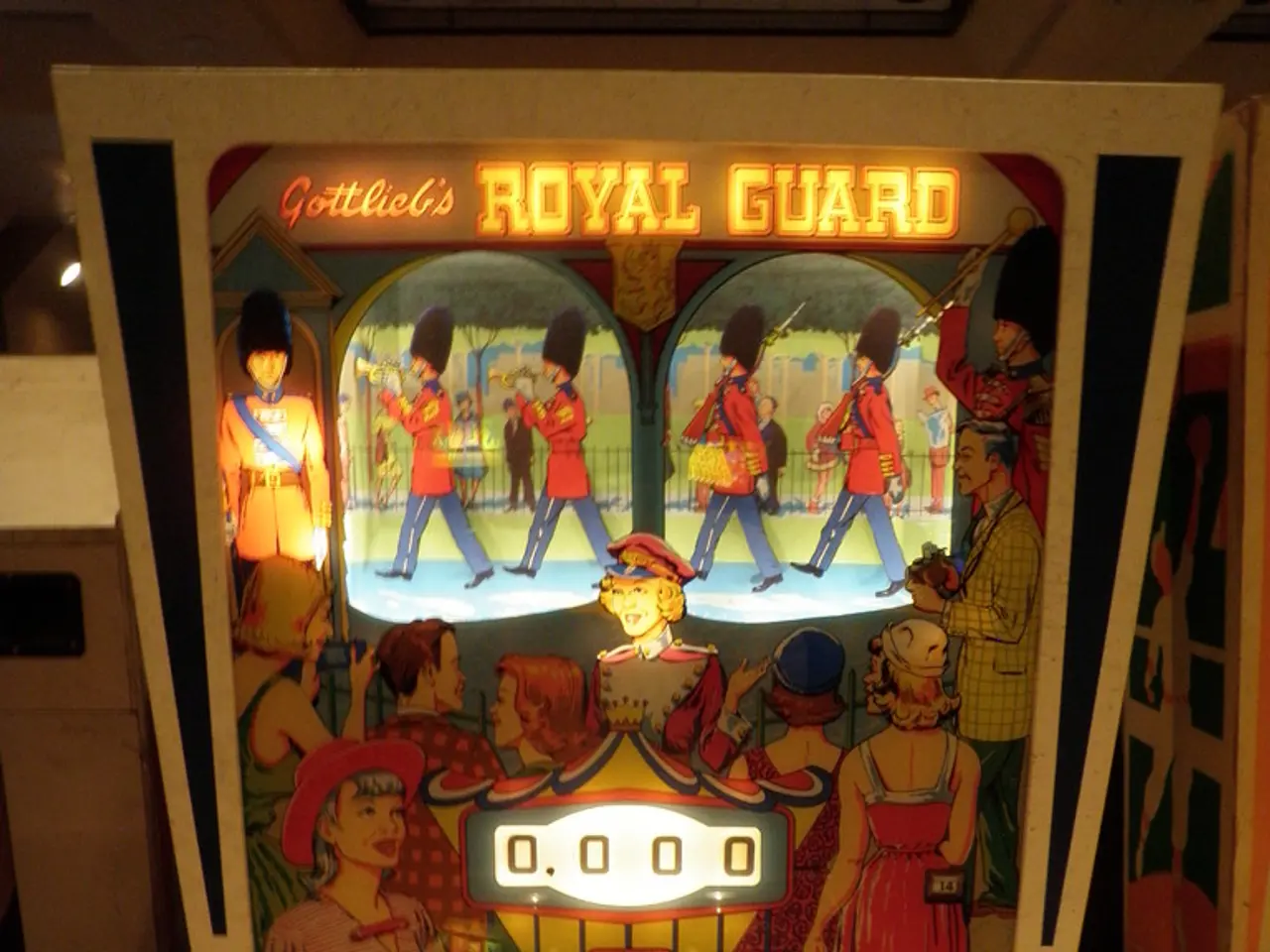Video games vanishing permanently poses significant issues
The dematerialization of games, as seen in the closure of digital storefronts like the Xbox 360 store, is causing ripples in the video game industry and among players. This transition from physical to digital distribution brings benefits such as greater scalability and reduced costs, but it also raises concerns about ownership, preservation, and access.
For the video game industry, dematerialization offers the advantage of efficient value creation through digital distribution, enabling instant global access and updates without inventory costs. However, it also presents challenges related to game preservation and long-term availability, as games and downloadable content can become unavailable if digital storefronts close.
For players, the closure of stores like the Xbox 360 marketplace can result in losing access to purchased digital games or downloadable content if these have not been downloaded or backed up beforehand. It restricts their ability to trade, resell, or access older titles, sometimes forcing reliance on digital rights management (DRM) and cloud services controlled by publishers.
The BNF (Bibliothèque Nationale de France) is finding it difficult to collect and archive video games due to their dematerialization. Conkerax, a 33-year-old YouTuber who explores the history, preservation, and secrets of video games, believes that collective action can find solutions to ensure the preservation of video games for future generations.
Conkerax is concerned about the closure of the Xbox 360 store, fearing that it could lead to the loss of a significant part of our cultural heritage. To address this issue, Conkerax suggests connecting players and publishers to allow for accredited, private servers.
The Stop Killing Games movement was launched in response, with a petition titled Stop Destroying Videogames to ensure that players have access to video games even if the servers close down. Conkerax has joined a collective of digital law specialists and others to raise issues about license intelligibility and potential recourse.
The problem of disappearing video games only affects online multiplayer modes, while the single-player versions are still accessible locally. For example, The Crew, a Ubisoft game, was suddenly removed from libraries, and its servers were shut down, making the single-player mode inaccessible. TopSpin 2K25, a tennis game, reserves the right to shut down its servers in December 2026, according to the title agreements.
Popular games like Fortnite, a survival multiplayer game, could be destroyed if its servers are decommissioned due to being online-heavy. Conkerax emphasizes the importance of preserving video games, as they are the number one cultural product in France.
Microsoft has heavily discounted most Xbox 360 games at almost negligible prices since July 29, 2024, it's no longer possible to download Xbox 360 games on Microsoft's new consoles. Conkerax acknowledges that some methods to obtain decommissioned games may not be legal, but he believes that making the purchase/rental denomination more visible could increase transparency.
In summary, while game dematerialization streamlines distribution and supports new business models, closures of digital stores pose risks to the preservation of gaming history and consumer rights. This tension remains a critical issue in the evolving digital landscape of the video game industry.
- The dematerialization of video games, as demonstrated by the closure of digital storefronts like the Xbox 360 store, poses challenges for players, as it can result in losing access to purchased games if not downloaded or backed up.
- The transition of video games to digital distribution also raises concerns for the video game industry, as games and downloadable content can become unavailable if digital storefronts close, threatening the preservation of gaming history and consumer rights.




